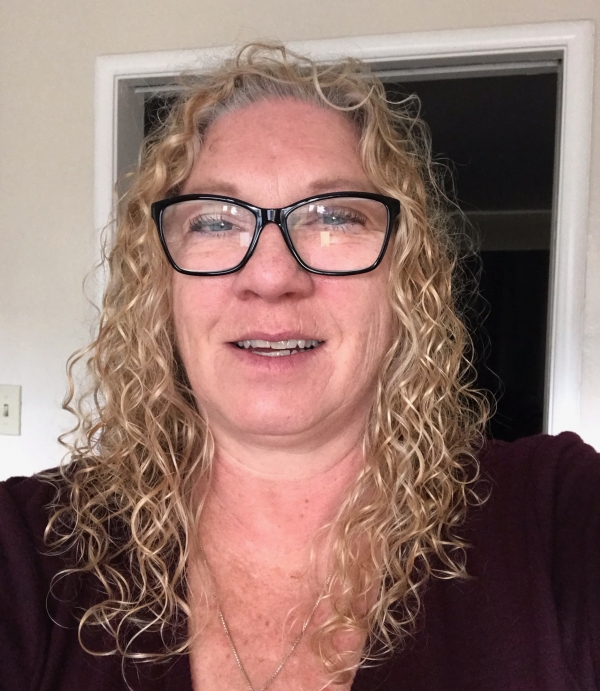On most days during her 22 years as a medical assistant on the frontline at a medical clinic in Mountain View, Kerry Boynton has greeted a steady stream of patients at the front desk, gotten them settled into an examination room and taken their vitals.
That all changed on the week of March 16. The lobby is empty. The halls are quiet. And nobody off the street is walking through the doors.
On Tuesday, March 10, the internal medicine clinic locked its downtown doors and canceled most in-person appointments scheduled for the next two months as a precautionary measure to protect potentially at-risk patients from contracting the coronavirus. (Many of the appointments will be conducted over the telephone instead.)
"Suddenly, it's a ghost town," Boynton said. "We only have one door open, and it's monitored by our managers. And you're not allowed to even enter the building if you have any cold or flu symptoms. So unless there's some emergency, we don't want people coming in.
"But if we don't have patients coming in, what are we doing here? All of us employees are very worried. It's a big concern."
The sudden change seems especially amplified because during previous weeks, the clinic saw increased foot traffic from people worried that they may have come down with the disease, she said. Boynton estimated that the clinic screened about four people a day to see if they should be tested for COVID-19.
"And mind you, I have a small clinic compared to the big hospitals," said Boynton, whose clinic does not provide emergency care, urgent care or after-hours care and is not a testing site for the coronavirus.
Boynton said the stress level has been the most noticeable change at work.
There's conversation about the disease all the time, she said. About every four hours, the staff has to huddle with management to get updated on the newest information that is coming out and figure out new workflows and processes depending on what kind of symptoms people coming through the doors had.
"So that's constantly changing," she said. "First they told us to stay 3 feet away. Then they told us 6 feet away in the early stages when they weren't sure if it was airborne. Now we are being instructed to try and stay 3 feet away from (patients), but how do you do that when you're taking their vital signs, doing EKGs on them, swabbing their throat for strep cultures?"
Everyone is washing their hands so often that "we all have hands that are like sandpaper," she added.
Boynton said, at one point, many of the health care workers had to do their jobs without disposable protective masks after the clinic decided to put all masks under lock and key because of a supply shortage. The clinic needed to conserve the masks for people coming in with the cold and flu, she explained.
Earlier in March, her department received a box of masks, which she said was enough for about 13 staff members and eight doctors.
To avoid bringing potential work hazards home at the end of their shifts, Boynton said, "All of us at work, we decided that our scrubs come off almost before we even come in the door because they do get contaminated, and we don't want to bring anything into the house with us. We are washing and washing and washing with hot water as soon as we get home."
This has created anxiety among everybody, she said.
"And yes, we are scared, but there's plenty of people out there with lots of health problems that still need us … so that's what gets me motivated to go in."
-----
This profile originally appeared in the March 20 print edition of the Weekly and is part of our ongoing series, "Ordinary people, extraordinary times," capturing the stories of locals during the coronavirus crisis. Read more of their stories through the links below:
Week 6:
Week 5:
• Pet transport company offers rare, no-contact service to Midpeninsula during a crucial time
Week 4:
Week 3:
• Not even catching polio in the 1940s compares to COVID-19 pandemic, local woman says
Week 2:
Week 1:
• Back from Wuhan, Palo Alto woman faces quarantine — again
• Stanford's swift actions against COVID-19 leave some students at a crossroads
• Coronavirus brings down curtain on debut for Pear Theatre's new artistic director
• Making deliveries during the COVID-19 pandemic has incentives — and a dark side
To view the series on one page, visit multimedia.paloaltoonline.com.
-----
Find comprehensive coverage on the Midpeninsula's response to the new coronavirus by Palo Alto Online, the Mountain View Voice and the Almanac here.



Comments